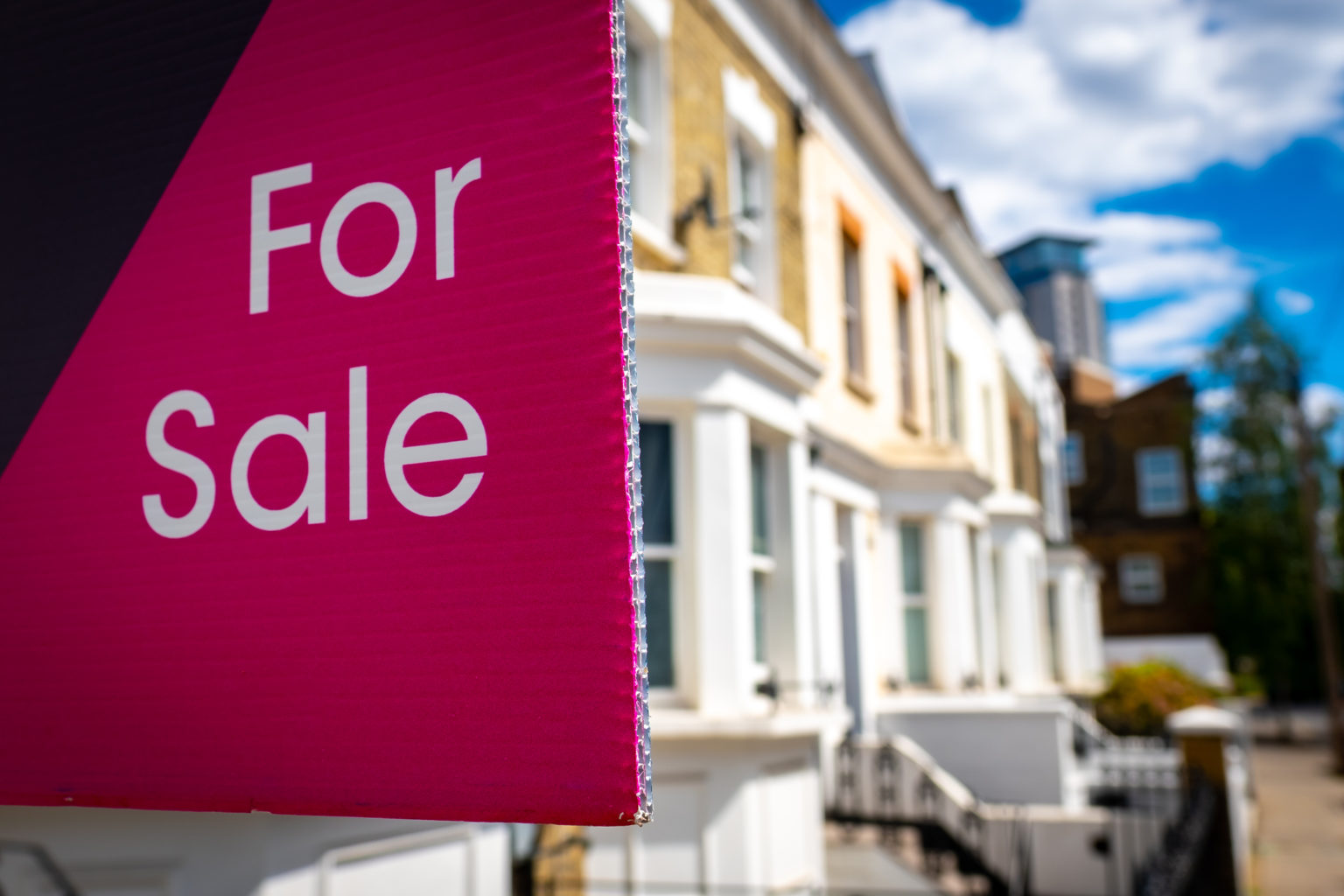With uncertainty surrounding the buy-to-let market, some landlords are opting to exit the property investment arena. But what exactly is motivating them to leave, and what does this mean for those landlords still in the game?
The cost-of-living crisis, high interest rates, and potential changes to legislation have contributed to some landlords making the decision to sell their investment properties.
While this may be the right decision for some, for those of you left unsure or confused, it’s time to find out exactly why this is happening, the wider impact this is having on the market, and what you should do if you want to continue as a landlord.
Landlords getting cold feet
There has been a noticeable reduction in the number of rental properties on the housing market, with a quarter of landlords revealing they’re planning to sell their property in the next 12 months. Let’s take a closer look at what has led to this.
As we know, interest rates have been increasing since 2021 in an attempt to slow inflation. The bank rate was cut for the first time in August, and now stands at 5%. However, despite the cut, interest rates still remain high compared to the low rates we saw prior to 2021.
As a consequence, landlords have seen an increase in mortgage payments, as well as a reduction in tax relief, as they now only get 20% tax relief on their mortgages, compared to 40% previously.
In addition to this, concerns about the Renters (Reform) Bill, which has been delayed after years of development, has increased speculation about heightened regulations. The Bill was set to tackle issues for both the tenant and the landlord, however in light of the delays, landlords are unsure what changes are going to happen and how it may impact them.
The wider implications
There’s no doubt that a reduction in rental properties is contributing to the UK’s housing crisis. Government figures show that more than four in 10 families have asked councils for temporary housing after a private landlord has ended their tenancy.
Renters are campaigning for tougher reforms to protect them from such short notice evictions, and the hope that when the Renters (Reform) Bill does get passed, it will abolish the “no-fault evictions” policy from section 21 where landlords can evict tenants without a reason. While some landlords use these eviction notices respectfully, it is a system that has been abused to the detriment of tenants.
As more landlords leave the market, it inevitably drives average rent prices up as demand increases for the remaining properties. While this can be profitable for some landlords, a shortage of affordable accommodation is adding to the current housing crisis, and everyone is feeling the pinch as a result.
What you should be doing
There’s no denying that there is uncertainty in the buy-to-let market right now, but ultimately, being a landlord is investing your money, and as we know, investments can go up and down. With the base rate dropping, we may see lower interest-only rates and thus a wider gap between income and expenses for landlords.
If you have a rental property that you intend to keep, then it’s worth having a chat with your tenants during these times. You can offer them reassurance that you have no plans to sell the property, or perhaps that you won’t be increasing their rent. Any peace of mind you can offer them will help strengthen your relationship and investment prospects.
Similarly, if you’re feeling confused over whether to sell up or not, remember that despite a challenging landscape, demand for rented accommodation is still high. If you’re struggling financially, you could consider renting to a different type of tenant, such as a house of multiple occupancy (HMO).
Mortgage Advice Bureau’s expert buy-to-let mortgage advisers are always on-hand to talk through your options and can advise about what your next best steps are.










